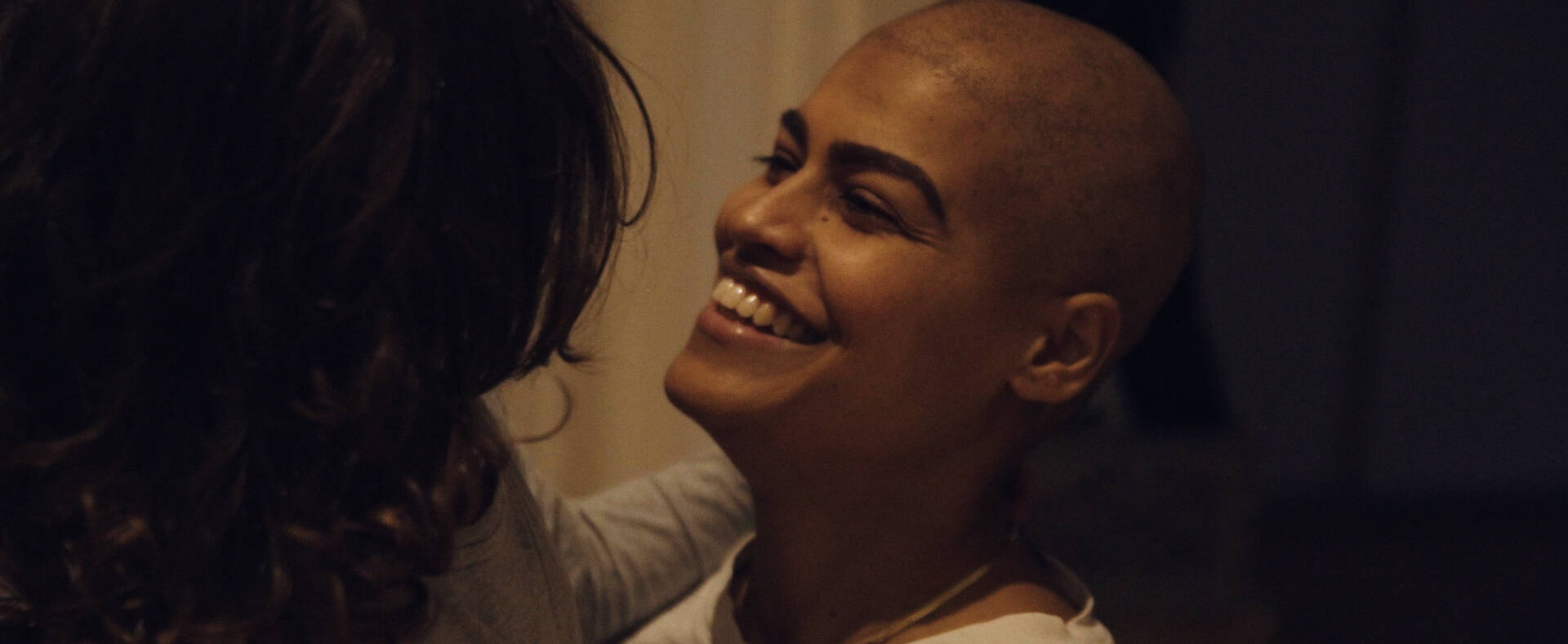The Danish documentary The Son and the Moon has been nominated for the Nordic Council Film Prize 2024.
Synopsis
The Son and the Moon consists of a courageous and honest six-year journey by a Danish-Iranian filmmaker, Roja Pakari, portraying her struggle with cancer, her love and her huge project mapping her family’s dramatic history. It is existential poetry with no filters, featuring an unforgettable woman on both sides of the camera.
Danish-Iranian filmmaker Pakari faces the most challenging period of her 36-year life. While pregnant and expecting her son Oskar, she is diagnosed with incurable cancer. Terminally ill and responsible for a small child, she tries to find herself. The Son and the Moon captures her dramatic journey, candidly documenting her everyday life and thoughts on living with a disease that could cost her everything. How should you live your life when your precious time on Earth may run out too soon? Roja does not feel sorry for herself. She strives to be present and to map her Iranian heritage and her family’s dramatic history, which took a new turn when her politically active parents fled Iran after the revolution and ended up in Denmark.
The Son and the Moon is very much not a film overshadowed by death. It is an unexpected love story and a brave (self-)portrait of a woman who is a mother, wife, daughter and, above all, an artist.
Jury motivation
You might think a director filming her own incurable illness and family life would be just too private. Not so The Son and the Moon, in which Pakari turns her situation into an unforgettable letter to her son. The portrayal of Pakari’s attempt to pass the story of her life on to her six-yearold boy Oskar is profoundly moving, and the film is a life-affirming story of existence. It is about so much more than cancer and grief. It covers family life, motherhood, being split between cultures, hope and the legacy we leave to the next generation.
The scenes featuring Roja and Oskar are heart-wrenching without ever becoming banal. He doesn’t grasp the seriousness of the situation, of course, and looks at his mum like a stranger in the hospital bed. They are genuine, simple scenes, quivering with emotion. Stylistically, the film is an extremely successful mixture of raw video diary and a poetic, essayistic study of the real and metaphorical Iran from which Roja has come and which she hopes to pass on to her son. The film is also a complex study of the present, past and future – crystalised snapshots of moments – the now of which Pakari struggles to be part while she still can, the past she fears will be lost along with her and the future her son will face without her.
The Son and the Moon is an honest work of art that never descends into navel-gazing. It poses questions and opens itself up to the world, offering both Oskar and the audience new ways of understanding themselves.
